In light of recent electricity industry claims that Australia is on the verge of too much solar power, new analysis released by Green Energy Markets and commissioned by GetUp has provided greater detail on importance of adding solar for power cost reduction, dismissing any such suggestion.
According to the latest Renewable Energy Index report, solar is set to become a substantial source of power over daytime periods delivering around a quarter of the National Electricity Market’s power from 9am to 5pm averaged across the year, and peaking as high as 40% around midday during low demand periods in summer.
As solar generation is concentrated around the middle of the day, and over the summer months, it tends to coincide with high demands for power – meaning there is little risk that solar generation will exceed demand leading to significant spilling of power, reads the report.
Creating a midday off-peak period in summer months and shortening existing peak periods translates into lower power prices for Australian homes and businesses.
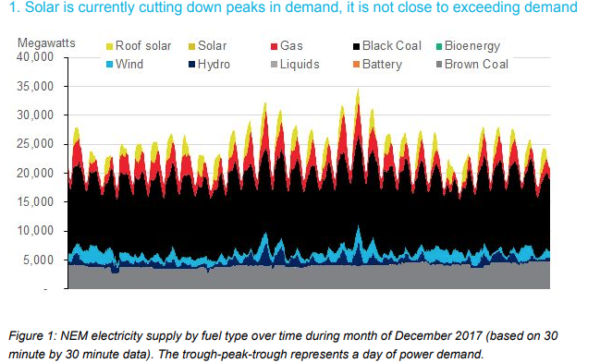
GEM analyst Tristan Edis said solar would create a complete reversal of the current norm with the summer midday peak becoming off-peak, quelling the need for coal and gas power.
“The extra rooftop and solar farm power in 2021 will mean we’ll need far less expensive gas power and it will allow for the conservation of power from hydro water storage, leading to lower electricity prices overall.”
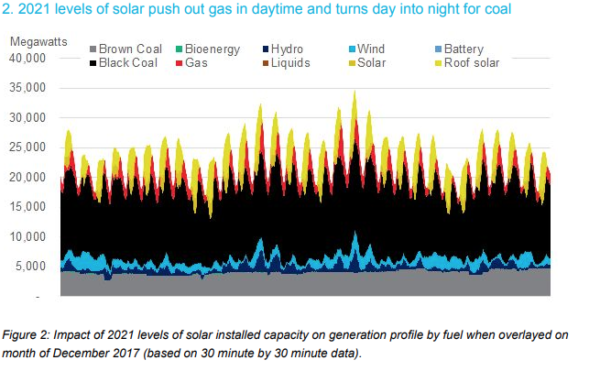
In addition to driving down power prices, renewables are traditionally a major driver of employment figures. In September alone, only large-scale renewables currently under construction amounting to 6,290 MW provided enough work to employ 15,765 people, shows the report.
Rooftop solar fleet – the backbone of emissions reductions
The rooftop solar uptake continues to set new records in Australia, amid fierce discussions surrounding the rooftop solar rebate program.
Despite the Australian Competition and Consumer Commission (ACCC) recommendation to prematurely wind down taxpayer-funded incentives for sub-100kW solar systems in 2021 nine years early, Energy Minister Angus Taylor said last week that the Small-scale Renewable Energy Scheme (SRES) is here to stay until 2030.
The latest report from Green Energy Markets provides another confirmation that this is the right call for the Australian energy sector, stressing the economic benefits of avoiding emissions.
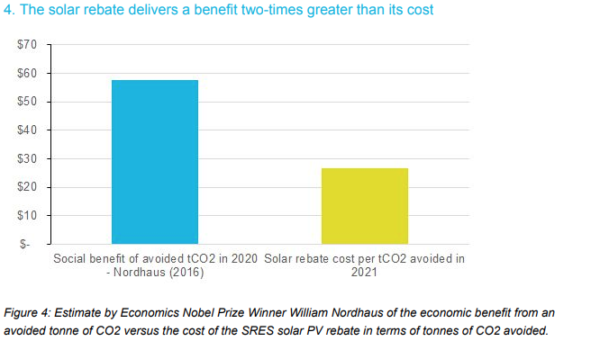
The analysis draws a comparison between the work of the William Nordhaus, who was recently awarded the Economics Nobel Prize, that showed avoiding the emission of a tonne of CO2 in 2020 would deliver an economic benefit close to $58, while the SRES solar rebate would deliver this abatement at a cost of $26 in 2021.
“This report is yet more proof that our two biggest energy problems – pollution and prices – have a common solution in clean energy. It shows what a positive impact solar alone can have on the National Energy Market, by adding supply and therefore cutting prices when demand peaks,” GetUp Energy Campaign Director Miriam Lyons said.
According to the report, the September hard and fast numbers are as follows: 17,618 small-scale solar systems were installed last month, which employed 5,922 people.
Rooftop solar was installed in September is enough to power 36,085 homes and will alone deliver $238 million in bill savings.
This content is protected by copyright and may not be reused. If you want to cooperate with us and would like to reuse some of our content, please contact: editors@pv-magazine.com.
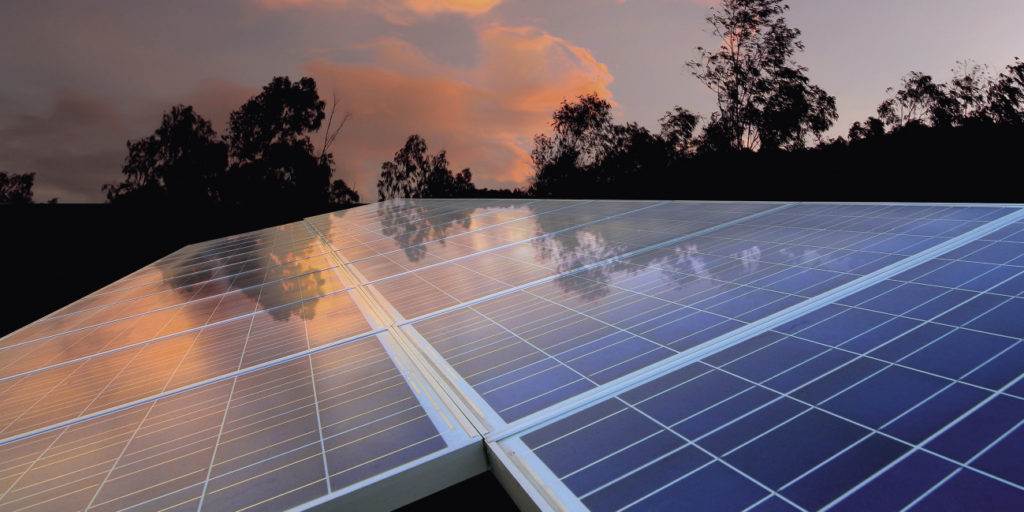
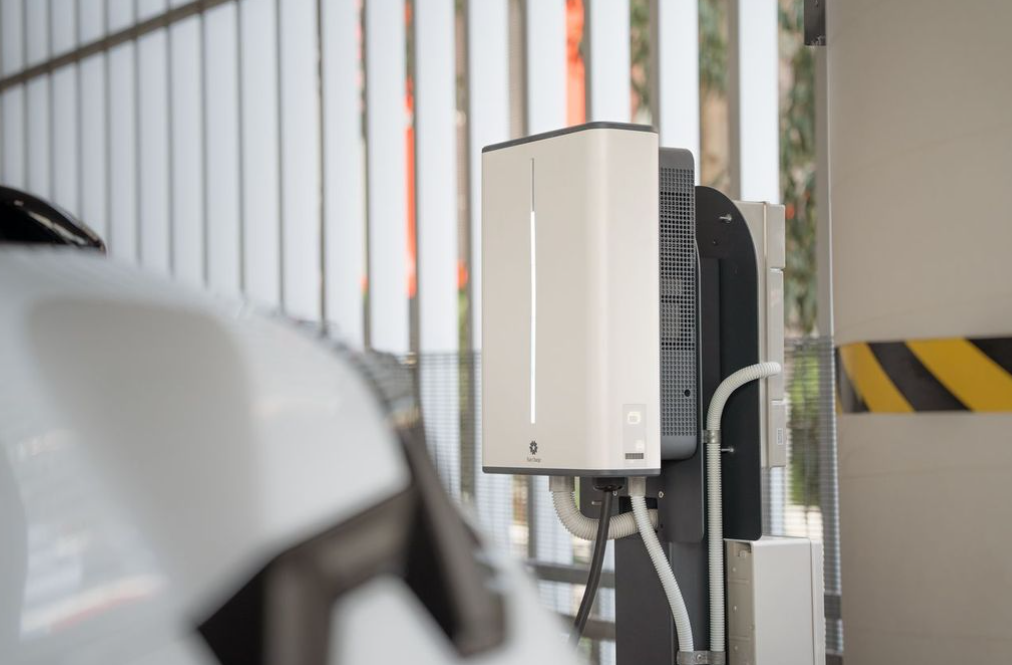






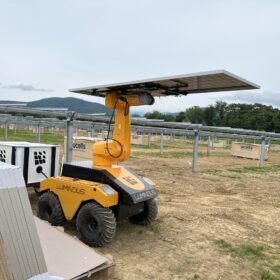
By submitting this form you agree to pv magazine using your data for the purposes of publishing your comment.
Your personal data will only be disclosed or otherwise transmitted to third parties for the purposes of spam filtering or if this is necessary for technical maintenance of the website. Any other transfer to third parties will not take place unless this is justified on the basis of applicable data protection regulations or if pv magazine is legally obliged to do so.
You may revoke this consent at any time with effect for the future, in which case your personal data will be deleted immediately. Otherwise, your data will be deleted if pv magazine has processed your request or the purpose of data storage is fulfilled.
Further information on data privacy can be found in our Data Protection Policy.